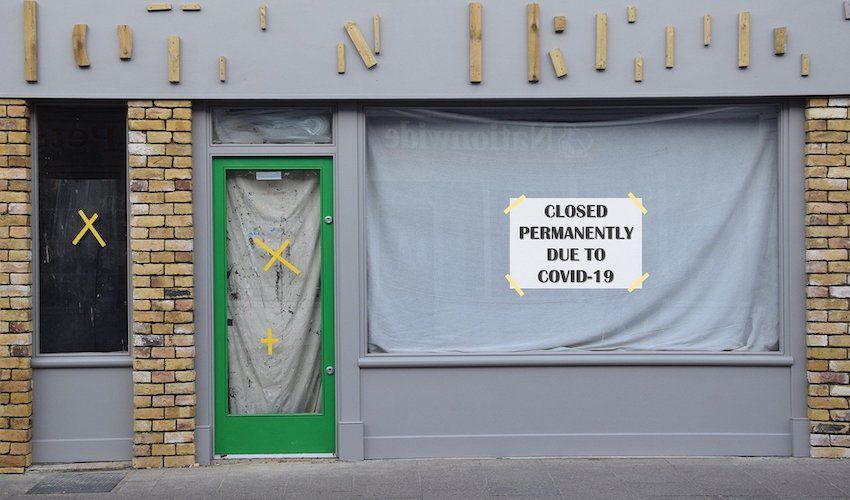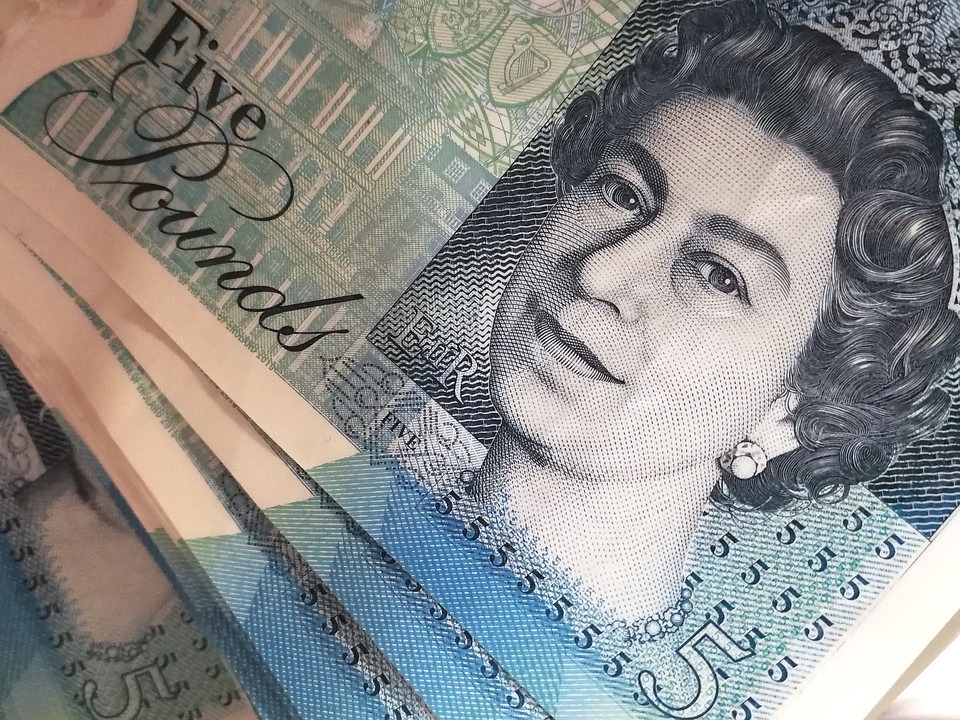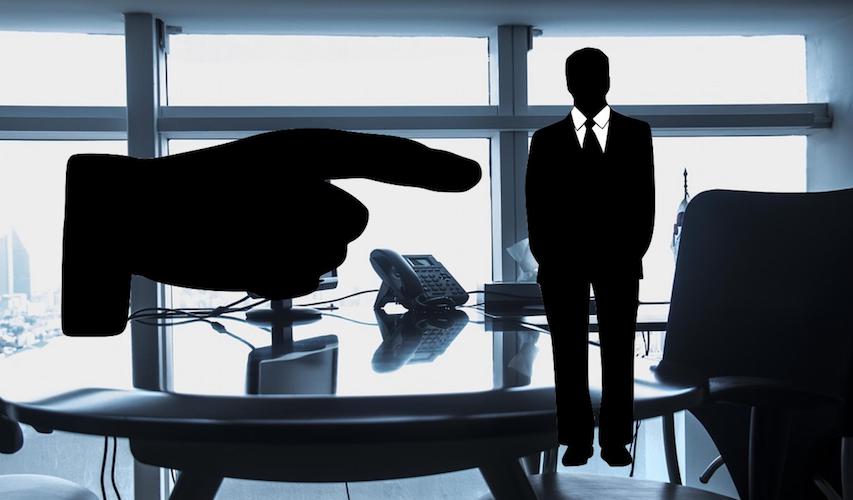


Amid the economic troubles sweeping the island due to covid, a local lawyer is warning businesses big and small not to be too optimistic that things will get better in case they end up digging a hole.
It's always good to keep positive, but that doesn't mean the possibility of insolvency, and the consequences of being found to be trading while insolvent, don't need to be taken extremely seriously.
In his latest column for Express, Advocate Olaf Blakeley shares some advice to help local businesses "avoid a bad situation getting very, very bad"...
"Since the covid-19 lockdown, there has been plenty of media coverage reporting the collapse of many high street businesses.
We have also continually been reminded of all the other big name businesses that are struggling and losing money on a continuous daily basis.
However, it’s obvious it is only the large companies that attract such media attention - small cafés, bars, hotels, restaurants and shops will not be reported in the same way and there are plenty of companies which, if not already dead, such fate is not far away.

Pictured: Boots was one of the big brands to announce job losses due to covid.
I have enormous sympathy for anyone in such a predicament. Through no fault of the management or owners, circumstances have come about to deal a fatal blow to enterprises which before were great little businesses. I sincerely hope the assistance of the Government of Jersey will have helped many avoid a collapse, which otherwise would have occurred.
However, for those who run businesses and who are having difficulties I want to provide some advice so you can avoid a bad situation getting very, very bad. In particular I want to concentrate on those who run businesses through limited companies.
Limited companies are vehicles through which most commerce is run: the company runs the business as opposed to an individual.
You will see the words 'Limited' or 'Ltd' after the company name. One of the purposes of such companies is to ensure, in the event of collapse, the liability to creditors is limited. Importantly, it is the companies’ liabilities and not the individuals’. However, in some cases it is not as simple as this, and liability may extend past the company, and to the owners and/or the directors.
One way this can happen is if the owners or directors have given personal guarantees for the company’s debts.

Pictured: insolvent means not being able to pay the debts when they fall due.
For instance, a company may have taken a lease of a property (e.g. a shop) but at the time of signing up, the landlord asked the owner of the company to provide a personal guarantee. This means, if the company doesn’t or can’t pay, then the landlord can come after the person who gave the guarantee. So, ultimately, an owner of a company which is about to go under may then find someone trying to enforce the company’s debts against the owner personally putting his or her assets in real danger. However, there is not much one can do in such circumstances: that was the deal that was agreed at the time, and that is why the guarantee was required.
More concerning is when directors become personally liable because of something they have done which could have (and should have) been avoided.
Under company law, a company must not continue to trade if it is insolvent. Insolvent means not being able to pay the debts when they fall due. So, for instance, if you are director of a company and a bill is due to be paid but the company cannot pay it at that time, the company is insolvent. It doesn’t matter the company may be able to pay it in a month’s time; what matters is whether the company can pay it as it becomes due for payment.
Directors really need to be aware of this.
It is an offence to trade while insolvent and directors can become personally liable for debts if they allow a company to continue to trade when it is insolvent. If the company has an overdraft facility, or a creditor has agreed to give extra time to pay, then there is no insolvent trading because, in the case of an overdraft, the company can pay as it has funds and, in the case of extra time to pay, the debt is no longer due at that current time.

Pictured: Directors can become personally liable for debts.
The reason I wanted to highlight this particular issue is because there are many people who run businesses through companies but who do not know much about company law, and in many cases don’t really understand the operation of companies at a legal level. I have known of lots of people who have continued to trade while insolvent, continually hoping all will come good. Sometimes it does, sometimes not, but it is the risk to directors that is important. There can also be restrictions on becoming a director in the future if you have allowed a company to trade while insolvent.
So, if you are a director/owner of a company and you are having financial difficulty, you really do need to be aware of what I have said.
I strongly recommend you take urgent advice (probably best from an accountant) and take the right steps. Do not continue blindly hoping things may get better. You need to act. Taking advice and doing the right thing may save you difficulties in the future, and ultimately save you and your family’s valuable assets.
Comments
Comments on this story express the views of the commentator only, not Bailiwick Publishing. We are unable to guarantee the accuracy of any of those comments.